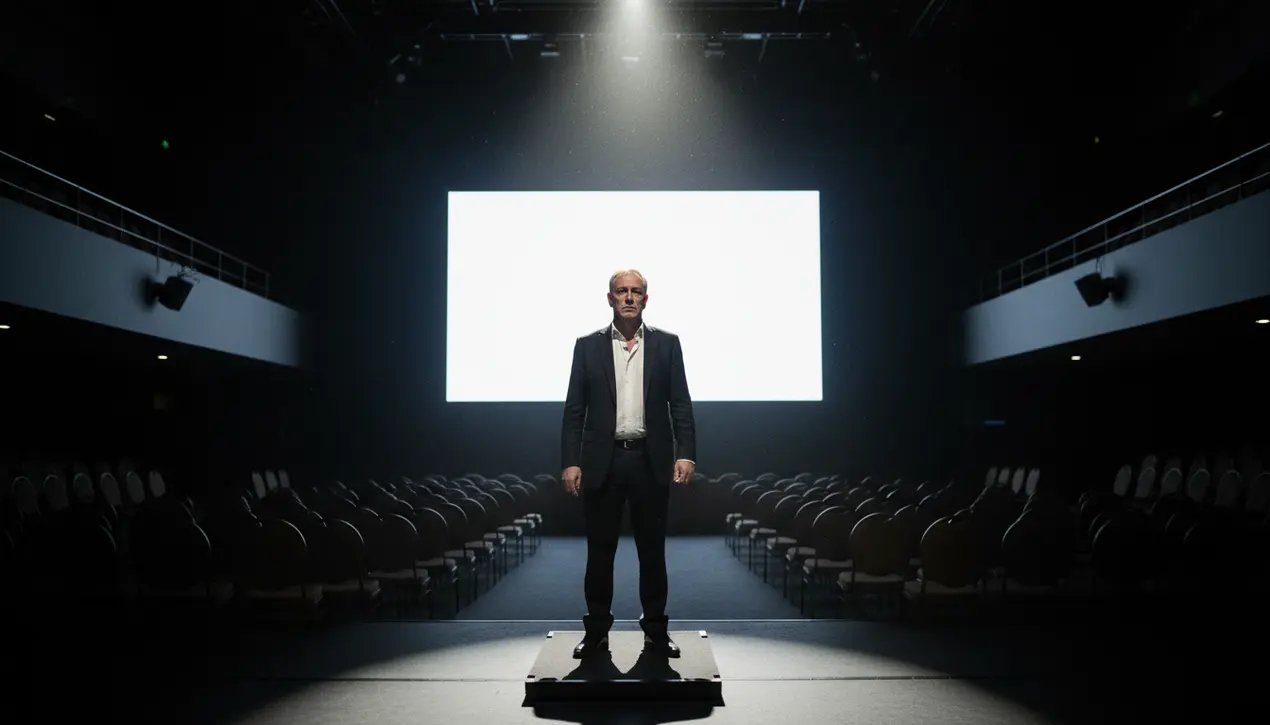- News
- corruption-scandals
- Ministers call on Nigel Farage to address ‘repulsive’ teenage racism allegations

Politicscorruption & scandals
Ministers call on Nigel Farage to address ‘repulsive’ teenage racism allegations
RO
Robert Hayes
2 days ago7 min read6 comments
The political arena finds itself confronting one of those defining moral moments that separates mere electoral contests from genuine tests of character, as cabinet ministers Liz Kendall and Jo Stevens have forcefully intervened following disturbing allegations about Nigel Farage's teenage years. Approximately twenty individuals have come forward with detailed accounts claiming either direct victimization or as witnesses to racially charged behavior by the prominent political figure during his youth, allegations that Kendall has publicly described as 'appalling' and others within the government have labeled 'repulsive.' This is not merely a political scandal; it is a profound examination of accountability, historical context, and the long shadow that youthful actions can cast over a lifetime of public service. Sir Keir Starmer's call for Farage to address these claims directly echoes a principle older than modern politics itself—that those who seek to lead must first be willing to confront their own past, a concept that would not be foreign to historical figures like Churchill, who understood that public trust is built on the foundation of personal integrity.The Guardian's report has ignited a firestorm not just in Westminster, but across the national discourse, forcing a conversation about whether the combative, often divisive populism that has characterized Farage's career has deeper, more troubling roots. Political analysts are now drawing parallels to other historical instances where early-life actions of public figures resurfaced, creating pivotal moments that either ended careers or, if handled with genuine contrition, became opportunities for redemption and growth.The refusal to engage with these allegations, however, risks cementing a narrative of impunity, suggesting that the rough-and-tumble of political debate can serve as a shield for personal conduct. For a figure like Farage, whose political identity is so deeply intertwined with challenging the establishment, this situation presents a unique paradox: to dismiss the claims is to embody the very elitist disregard he often rails against, while to address them substantively would require a level of personal vulnerability he has seldom shown.The broader implications for his Reform UK party and its supporters are significant, potentially fracturing the coalition of voters drawn to his message if a perception takes hold that the movement tolerates prejudice. Expert commentary from sociologists and political historians suggests that such allegations, when they emerge in multiples and with consistent detail, rarely exist in a vacuum and often reflect the broader social and cultural environment of the era in question, raising questions not just about one individual but about the systems that enabled such behavior to go unchallenged.The ministers' intervention signals that this issue will not be relegated to the back pages; it has become a frontline political battle, with consequences that could reshape the landscape ahead of the next general election, influencing undecided voters and the moral calculus of his allies. As this story develops, the central question remains whether Farage will choose the path of confrontation or the more difficult, yet potentially more politically survivable, path of accountability, a decision that will be analyzed not through the lens of daily news cycles, but through the long view of history.
#lead focus news
#Nigel Farage
#racism allegations
#teenage behavior
#political scandal
#government ministers
#Keir Starmer
Stay Informed. Act Smarter.
Get weekly highlights, major headlines, and expert insights — then put your knowledge to work in our live prediction markets.
Comments
Loading comments...
© 2025 Outpoll Service LTD. All rights reserved.